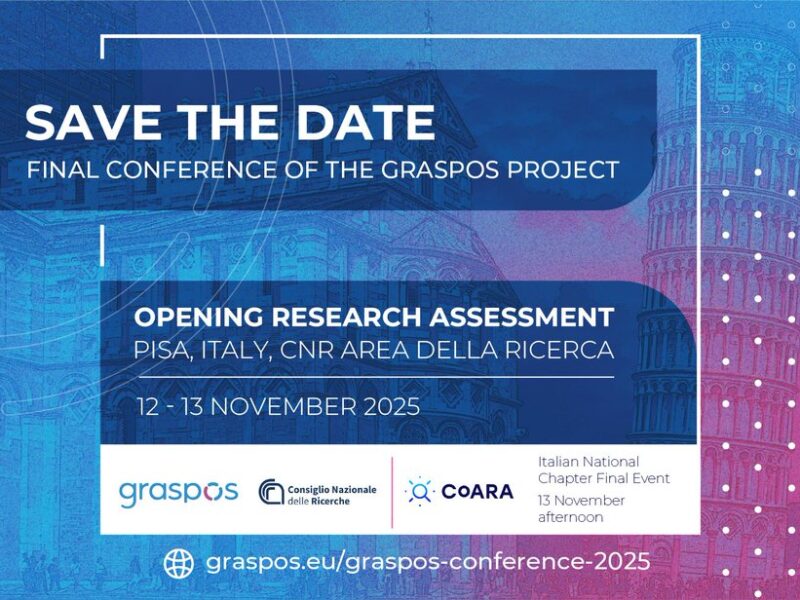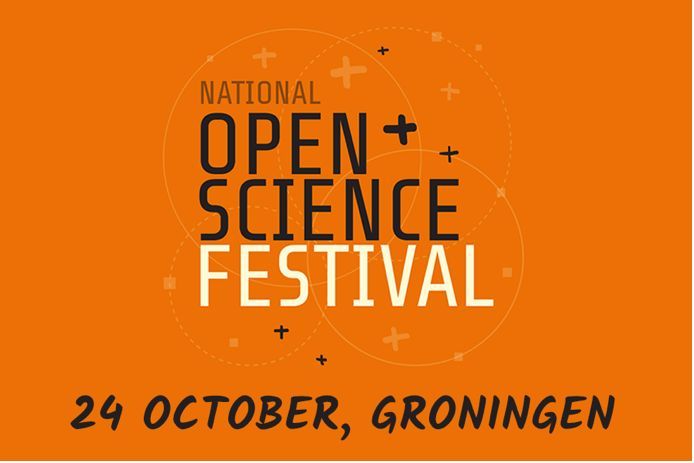
Opening the Door to Open Science: Progress and Challenges
Opening the Door to Open Science: Progress and Challenges https://opusproject.eu/wp-content/uploads/2024/05/cL6LmgVG.jpg 640 426 Open and Universal Science (OPUS) Project Open and Universal Science (OPUS) Project https://opusproject.eu/wp-content/uploads/2024/05/cL6LmgVG.jpgThe first global study on trends and standards in open science has revealed a landscape marked by both promising practices and significant inequities. While there have been strides in the adoption of open science practices, data from UNESCO suggests that more work is needed to ensure that initiatives like open access publishing result in genuinely equitable access to scientific knowledge.
In 2021, UNESCO introduced an international framework for advancing open science, which was adopted by 193 countries. This framework, known as the Recommendation on Open Science, set out common values, principles, and guidelines for global implementation. At the end of last year, UNESCO released its first comprehensive global assessment of trends and standards in open science. A recent editorial in Nature discussed key findings from this report, highlighting several positive developments:
- The European Commission has significantly increased spending on societal engagement projects from 2002 to 2020.
- The EU Horizon 2020 programme has mandated open access publishing for research data.
- Brazil has established a national infrastructure sharing scheme for scientific research.
- South Africa is making progress towards a national open science policy aimed at enhancing research scrutiny, transparency, and reproducibility.
Despite these advancements, the report cautions that focusing solely on scientific outputs is insufficient. UNESCO underscores the broader mission of open science: ensuring that scientific knowledge is not only accessible but also produced in an inclusive, equitable, and sustainable manner.
Ismael Rafols, UNESCO Chair on Diversity and Inclusion in Global Science, echoes this sentiment in his blog post at Leiden Madtrics. He warns of a “streetlight effect,” where policy emphasis on measurable outputs risks neglecting the foundational principles of open science.
Another significant challenge in current open science practices is the high cost associated with some models of open access publishing. These costs can disadvantage scientists in lower-income countries. Recognizing this issue, the open access publisher eLife has established the Global South Committee for Open Science. This initiative aims to increase the representation of researchers from economically and politically marginalized regions in the global scientific community.
In light of these findings, it is imperative for all scientific stakeholders to support the principles of open science. This moment presents an opportunity for reflection on how individuals and organizations can contribute to the true spirit of the movement, fostering a more inclusive and equitable scientific ecosystem.
Original article via The Publication Plan
- Posted In:
- Open Science News




